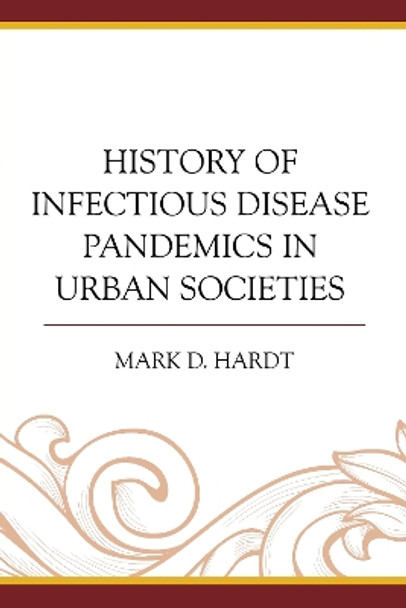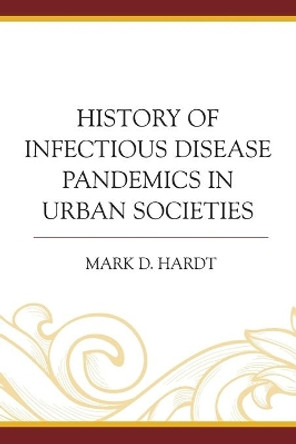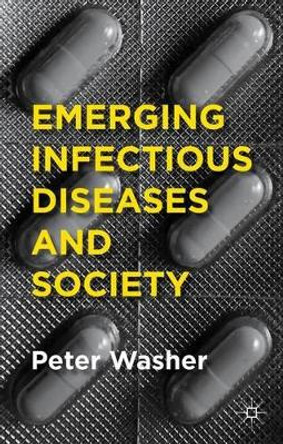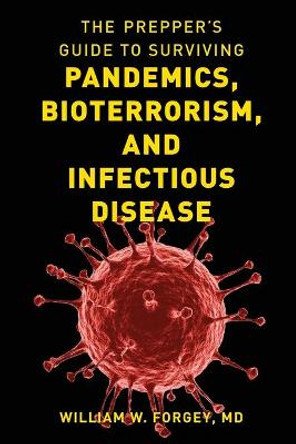Description
About the Author
Mark D. Hardt is associate professor of sociology at Montana State University Billings.
Reviews
This text is a dense, but erudite, narrative on pandemics and their disproportionate effects on human demographics. Hardt analyzes significant infectious events prior to the explosive concentration and connectivity of urban populations to the global community that began in the late 20th century. Using theoretical frameworks, he builds the argument that pandemics are a result of human crowding, which presents ideal conditions-namely, an unlimited food supply and protective shelter-for deadly microbial life cycles.... Hardt's book is thoroughly researched and has copious notes and an extensive bibliography. His insightful discourse on the implications of the 'urban death penalty' is frightening to consider and should be read by those who care about the next pandemic. Summing Up: Recommended. Graduate students; researchers/faculty. * CHOICE *
Taking an historical-sociological perspective, Hardt touches on many fascinating topics including demographic and epidemiologic transition theories, the discovery of germ theories of disease, and the development of vaccination. Understanding population health today requires understanding urban health, and this book gives an excellent background on how the health of societies got to where it is now. The patterns and processes (both social and biological) described by Hardt are interesting, and sometimes counterintuitive. He shows how human history has laid the groundwork for pandemic vulnerability in an increasingly-interconnected world. Readers with an interest in historical sociology, urban sociology, or public health will find this volume a thought-provoking read. -- Andrew Noymer, University of California, Irvine
Book Information
ISBN 9780739180266
Author Mark D. Hardt
Format Hardback
Page Count 272
Imprint Lexington Books
Publisher Lexington Books
Weight(grams) 553g
Dimensions(mm) 235mm * 158mm * 28mm









